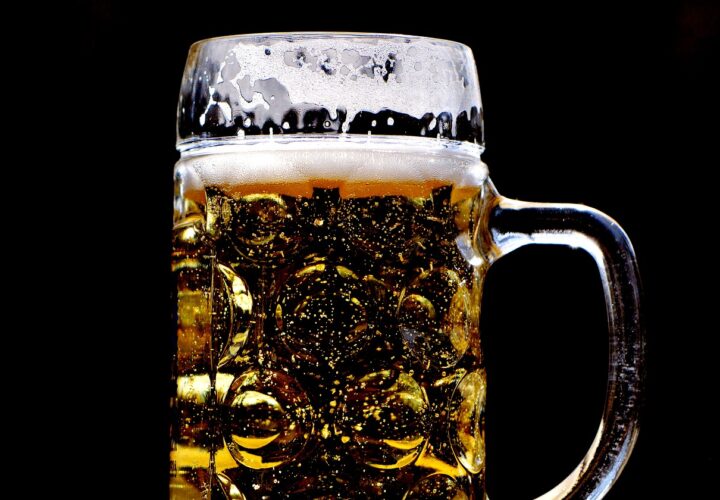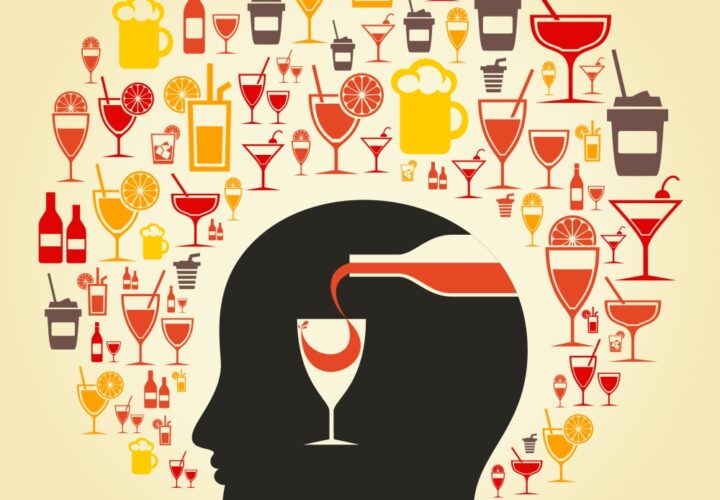How does binge drinking affect brain health for teenagers?
Aricept (donepezil) was the second drug approved for Alzheimer’s over two decades ago. While the drug does not halt the disease’s progression, it has been shown to temporarily reduce symptoms of cognitive decline in some people. But according to a new study, the drug may have another purpose: reversing brain inflammation and damaged neurons caused by teenage binge drinking.
The Impact of Binge Drinking on a Developing Brain
A team of researchers at Duke Health studied how Aricept impacts rats’ brains, using the animals as an example of teens or young adults who binge drink. After giving the rats alcohol, the scientists looked at how periodic binge drinking affects the hippocampus — the part of the brain that’s responsible for memory — and whether Aricept could alter damage to the hippocampus.
“Research has begun to show that human adolescents who drink early and consistently across the adolescent years have some deficits in brain function that can affect learning and memory, as well as anxiety and social behaviors,” said senior author Scott Swartzwelder, Ph.D., professor of psychiatry at Duke.
“The changes can be subtle, but who wants even subtle deficits in their brain function or how they think and feel?” added Swartzwelder. “Studies in animal models show that adolescent alcohol exposure can change the ways nerve cells communicate with each other, and the level of plasticity in brain circuits—compromising the ability of the brain to change and adapt. These changes can be seen in adulthood, long after the alcohol exposure has ended.”
Could Aricept Reverse Alcohol-Induced Damage in Young Brains?
The researchers decided to get rats drunk, since ethically they could not ask young adults to binge drink. By analyzing young rat brains exposed to alcohol, they discovered that alcohol consumption prevented new neurons from forming in the hippocampus, and also appeared to promote neuron death.
After the rats became adults, the team gave them Aricept, and four days later the researchers looked at hippocampus of each rat. The rats who were binge drinkers as teens and received Aricept appeared to have reduced inflammation in the brain and were able to form new neurons, compared to young rats who drank in excess but did not receive the drug.
“We don’t know if the reversal of these alcohol effects by donepezil is permanent, but it at least transiently reverses them,” Swartzwelder said.
In other words, the scientists believe that some of the damage caused by too much drinking may be reversible—at least, temporarily.
“It’s obvious that not everyone who drinks during adolescence grows up and completely fails at life,” Swartzwelder said. “You might not notice the deficits in obvious ways every day, but you run the risk of losing your edge. Sometimes, a small impairment of brain function can have a broad ripple effect in someone’s life.”
Previous research on the impact of drinking on the brain has been mixed. While some studies have found that drinking too much or too little is linked to an increased dementia risk, the MIND diet suggests drinking a glass of red wine per day may help prevent dementia. That said, most researchers agree that binge drinking is bad for the brain.
The Duke Health researchers said that the latest study shows how alcohol can harm the hippocampus and cells in a developing brain. The study also illustrates that in some cases, drugs like Aricept may change the course of brain damage caused by drinking.
However, additional studies need to be conducted to determine whether the drug would have a similar impact on the human brain, potentially reversing brain damage and preventing neurological issues.




